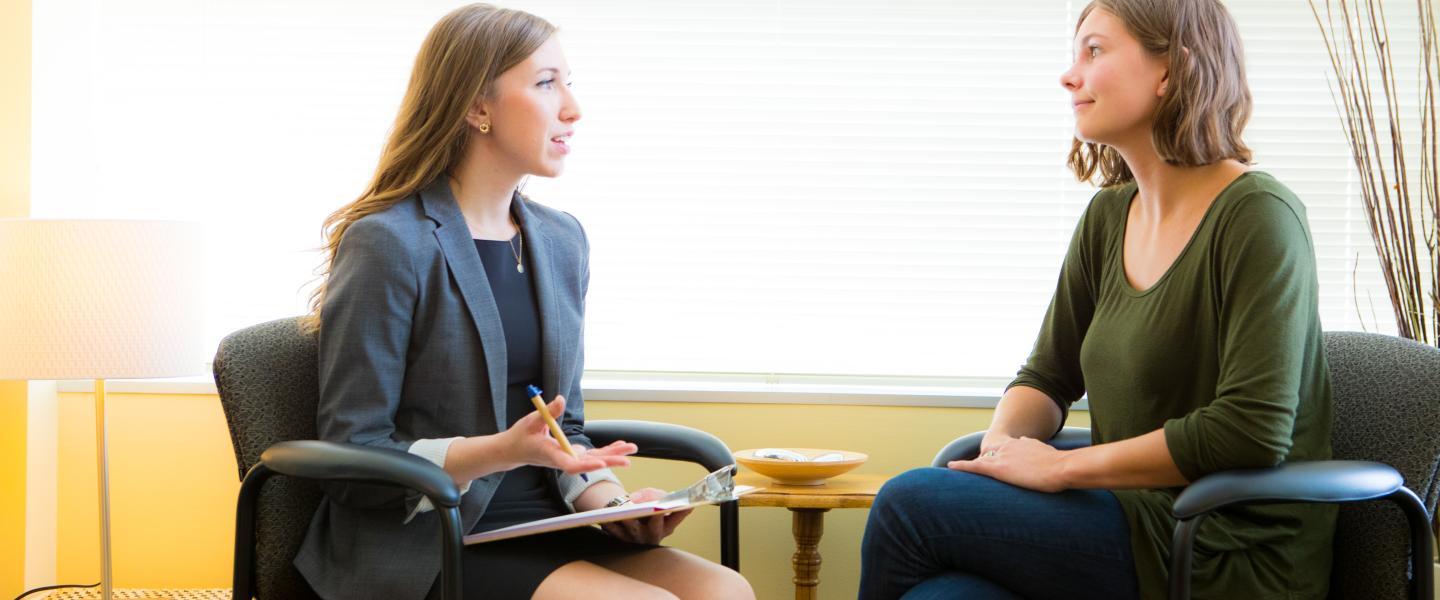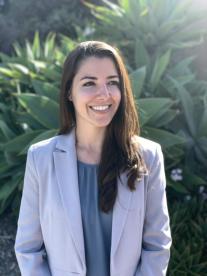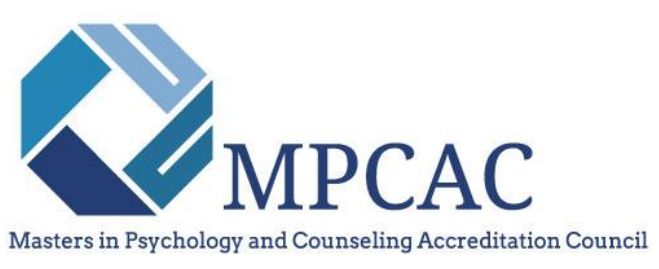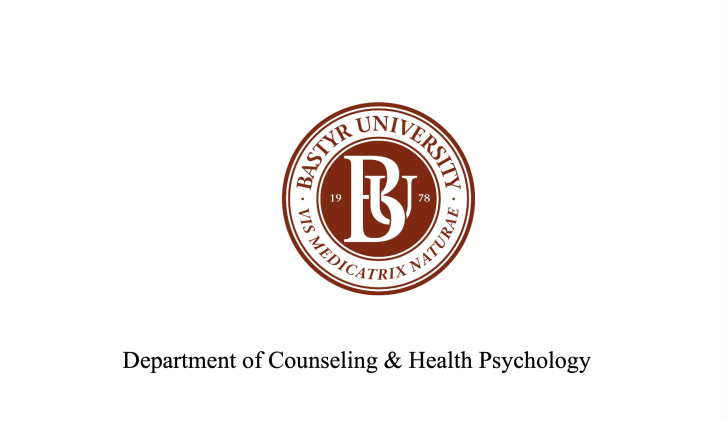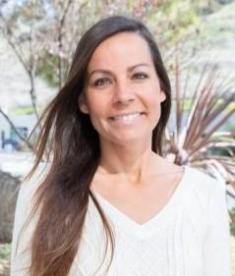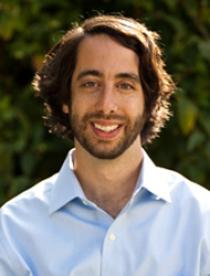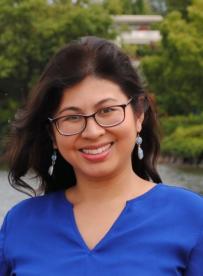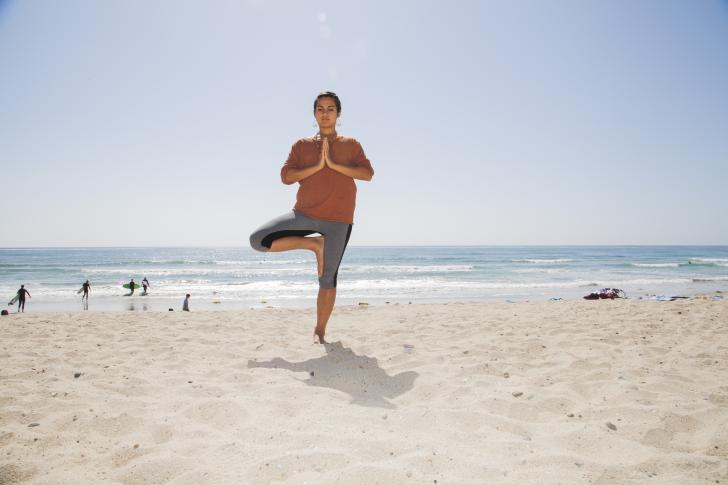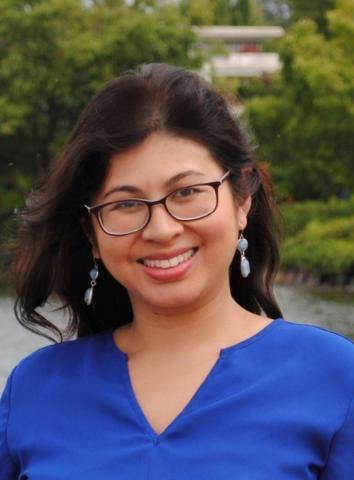Counseling Psychology Degree Program Overview
Mental health is a growing field and is in demand now more than ever before. If you feel called to lead others to wellness with an integrated approach to mental health counseling, Bastyr’s master's degree in counseling psychology may be a good fit.
Psychology students at Bastyr value a whole person approach to mental health that includes mind, body, and spirit. This whole person approach to counseling education means that you will study topics such as behavioral medicine, spirituality and health, multiculturalism and social justice, human sexuality, and chronic and terminal illness, among several others.
The M.A. in Counseling Psychology Program at Bastyr University is accredited by the Masters in Psychology and Counseling Accreditation Council (MPCAC) for the period of March, 2024 through March, 2032.
2 years full time
Counseling Psychology Program Highlights
Accredited by MPCAC
Social Justice and Advocacy Lens
Two Year Program with a Cohort Model
MA in Counseling Psychology Degree Outcomes
Upon completion of Bastyr’s Master’s in Counseling Psychology, students will be prepared to:
- Demonstrate the awareness, knowledge and skills consistent with cultural humility and a commitment to providing culturally responsive care for all communities
- Apply evidence-based intervention and prevention strategies designed to promote the health of individuals, groups, and organizations
- Develop an understanding of research methods and techniques of data collection and program evaluation
- Demonstrate knowledge of individual and group theories of counseling consistent with program orientation and goals supporting whole-person health.
- Practice an understanding of biological, systemic, and environmental factors that affect human development, functioning, and behavior, and applies theories of individual and family development across the lifespan
- Demonstrate knowledge and ethical applications of the diagnostic and treatment planning processes and their effects on treatment across cultural communities
- Identify and apply ethical and culturally responsive strategies for selecting, administering, and interpreting assessment and test results
- Develop reflective practice and self-assessment through clinical supervision, conducted with self-awareness and appropriate self-care
- Demonstrate knowledge of the social, political, economic, and cultural factors that promote the health of individuals, groups, and organizations, and the skills in advocacy and practice to address extant barriers
About the Master of Arts in Counseling Psychology Program
The curriculum tables that follow list the tentative schedule of courses each quarter.
Term I
PS5401 Mind-Body Approaches to Health Psychology (3 credits)
PS5402 Fundamentals of Counseling 1: Relationship and Interview (4.5 credits)
Term 2
PS5102 Biopsychosocial Approaches and Whole Person Healing (4 credits)
PS5126 Lifespan Development (4.5 credits)
PS5127 Professional Orientation, Ethical and Law Proseminar (4.5 credits)
Term 3
PS5106 Statistics (4 credits)
PS5128 Multiculturalism, Diversity and Social Justice (4.5 credits)
PS5403 Fundamentals of Counseling 2: Theory and Practice (4.5 credits)
PS5800 Clinical Preparation (0.5 credits)
Term 4
PS5303 Psychopathology (4.5 credits)
PS5304 Trauma Counseling (4.5 credits)
PS5410 Theory and Practice of Group Counseling (4.5 credits)
PS5803 Clinic Experience 1 (2 credits)
Year II
Term 1
PS6304 Substance/Chemical Addictions (4.5 credits)
PS6312 Counseling Chronic and Terminal Illness (3 credits)
PS6804 Clinic Experience 2 (2 credits)
Term 2
PS6112 Family Systems (4 credits)
PS6205 Theory and Practice of Counseling Assessment (4.5 credits)
PS6805 Practicum and Practicum Seminar 1 (3 credits)
Term 3
PS6103 Research Methods and Program Evaluation (4.5 credits)
PS6114 Career Counseling (4.5 credits)
PS6806 Practicum and Practicum Seminar 2 (3 credits)
Term 4
PS6115 Psychology of Human Sexuality (3 credits)
PS6333 Psychopharmacology (4.5 credits)
PS6807 Practicum and Practicum Seminar 3 (3 credits)
PS6000 Exit Exam
-
Bachelor’s degree from a regionally accredited college or university with an average GPA of 3.0 or higher.
-
Introductory course in general psychology with a grade of B or better within the last seven years.
-
It is strongly recommended (but not required) that students gain experience in the social services field prior to applying for this program.
Bastyr accepts graduate and undergraduate transfer credits earned at accredited colleges and universities. Learn what you need to make this process go smoothly.
For more information on loans and scholarships, visit financial aid.
-
Practice as an independently licensed mental health counselor or licensed professional clinical counselor
-
Work in a variety of integrated clinical settings
-
Pursue doctoral study in psychology or related fields
|
|
|
|
|
|
|
|
|
|
|
|
|
|
|
|
|
|
|
|
|
|
|
|
|
|
|
|
|
|
|
|
|
|
|
|
|
|
|
|
|
|
|
|
|
|
|
|
|
|
|
|
|
|
|
|
|
|
|
|
|
|
|
|
|
|
|
|
|
|
|
|
|
|
|
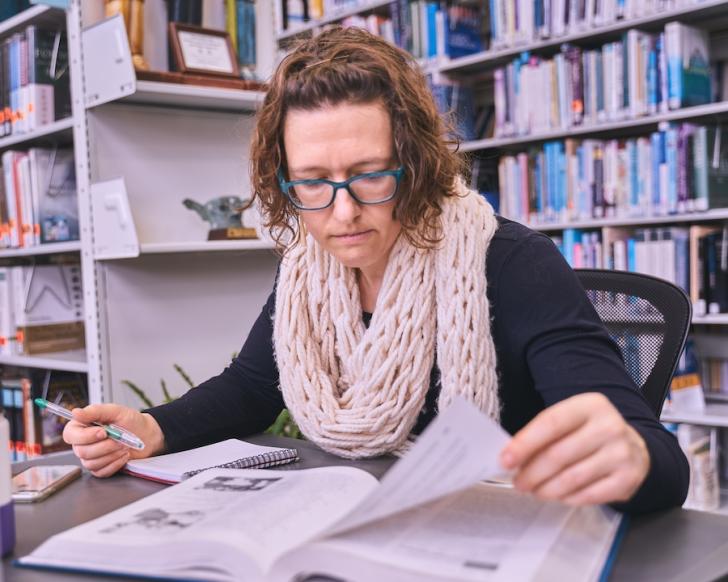
Explore the Value of a Master’s Degree in Counseling Psychology
At Bastyr, our unique approach to whole-person wellness and holistic healing will allow you to obtain the knowledge, compassion, and skills needed to succeed in the field of counseling psychology.
Psychology education is powerful, and with a master’s degree in counseling psychology, you have the ability to help change people’s lives and create healthy living patterns for struggling individuals and communities.
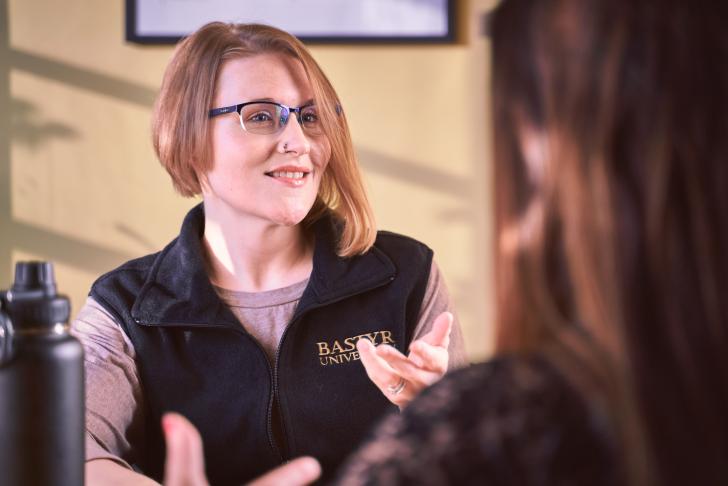
Counseling Clinical Training
Start seeing real patients under the supervision of a licensed mental health provider as soon as spring quarter of your first year at one of our two teaching clinics, Bastyr Center for Natural Health in Seattle and Bastyr University Clinic in San Diego.

